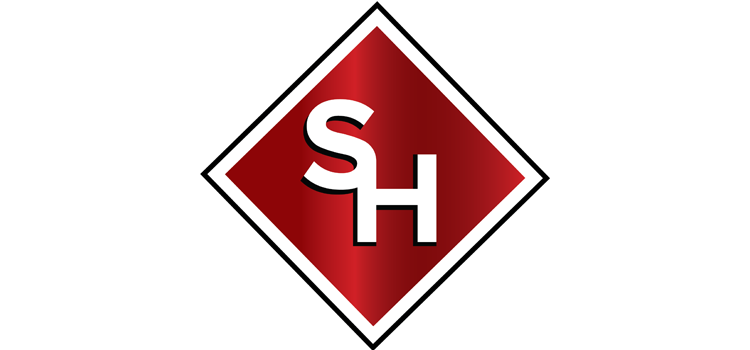Tips for New Jersey Municipalities Making OPRA Redactions
When responding to a request under New Jersey’s Open Public Records Act (OPRA), municipalities frequently seek to redact information that should not be disclosed. However, in order to avoid an improper denial of access complaint, it is important make sure that all OPRA redactions are not only performed properly but

